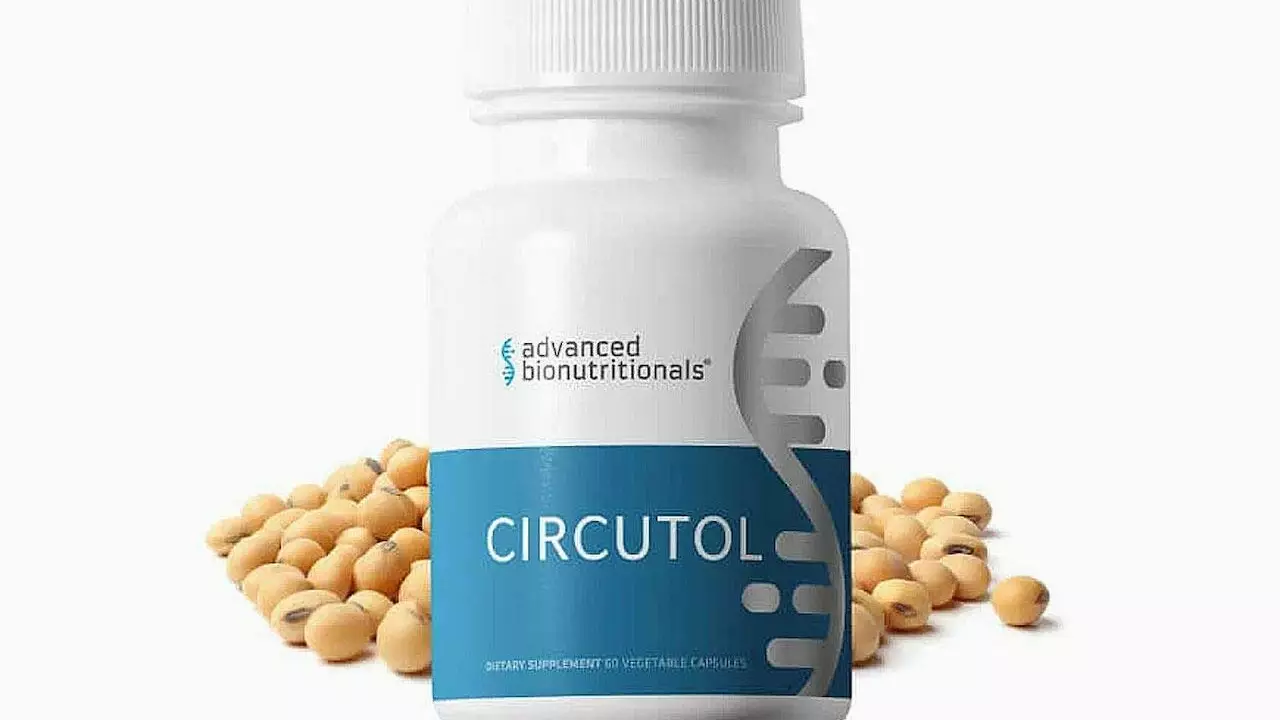Dietary supplements: what works, what to avoid, and how to choose
Supplements can help when food or medicine leaves a gap, but they can also waste money or cause harm. You don’t need everything you see online. Instead, focus on one clear goal — fill a nutrient gap, support a diagnosed deficiency, or complement a doctor’s plan.
Start with a basic check: get a blood test if you suspect a deficiency like low vitamin D or iron. Tests give actionable answers. If levels are normal, a random multivitamin rarely helps and can sometimes interfere with meds or tests.
How to pick a supplement
Look for third‑party testing logos such as USP, NSF, or ConsumerLab. Those mean the product was checked for purity and correct dosage. Read the label for exact ingredient amounts, not vague terms like “proprietary blend.” Choose brands that list the full scientific name and dose for each ingredient.
Watch the dose. More is not always better. For example, taking very high vitamin E or A can be harmful over time. Follow recommended daily amounts unless a clinician advises higher doses for a specific reason.
Check interactions. St. John’s wort can reduce effects of many drugs. High-dose fish oil can thin the blood and raise bleeding risk with blood thinners. Tell your provider about every supplement you take — herbal and over‑the‑counter products count.
Common supplements and what the evidence says
Vitamin D is useful if blood tests show low levels, especially for people with limited sun exposure. Vitamin B12 helps older adults and people on certain stomach acid drugs. Omega‑3 fish oil has modest benefits for heart health when you eat little fatty fish, though benefits vary by dose and product quality.
Probiotics may help for certain gut issues like antibiotic‑associated diarrhea, but strains differ and benefits are strain‑specific. Glucosamine shows mixed results for joint pain; it helps some people but not others. Avoid supplements that promise quick weight loss, miracle cures, or revamp hormones — those claims are red flags.
Buying tips: prefer capsules or tablets with clear batch numbers. Keep receipts and check return policies. If a product causes new symptoms like a rash, stomach pain, or sleep changes, stop it and consult a clinician.
Cost matters. Generic basic formulas often match expensive brands in ingredients. Save money by targeting a single proven need rather than buying dozens of bottles.
Finally, question marketing. Influencers get paid to promote products, but they don’t see your blood work. Use supplements to fill real gaps, not to chase trends. When in doubt, ask a pharmacist or your doctor for one practical option to try for a set time, then reassess results.
Regulation is loose for many supplements. The FDA does not approve supplements for safety or effectiveness before they hit shelves. That means you must be your own guard. Report bad reactions to your provider and to regulatory agencies in your country. Small changes — one tested supplement at a time — keep you safer and save money.





